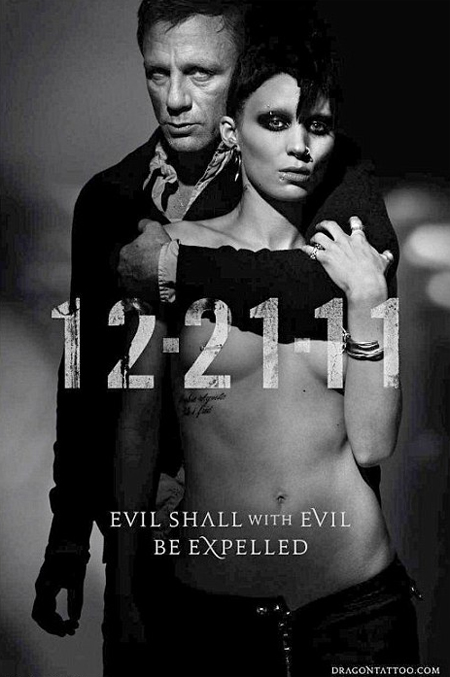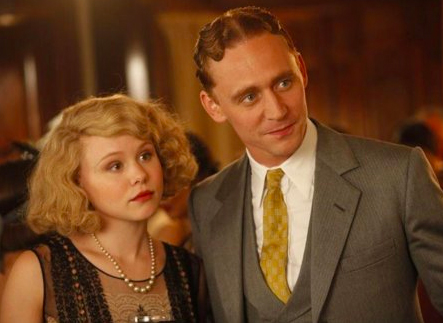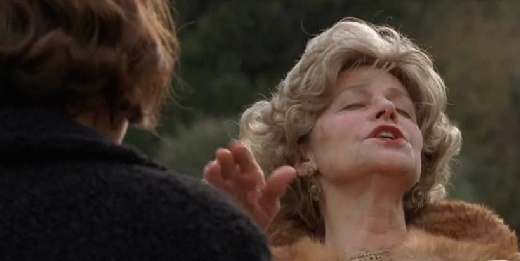In the Hit Me With Your Best Shot series we look at pre-selected movies and name what we think of as the best (or at least our favorite) shot. Anyone can play along and we link up. Next wednesday's topic is Fritz Lang's noir "The Woman in the Window".
But tonight, we celebrate Baz Luhrmann's "Spectacular! Spectacular!" which went wide on US screens ten years ago on this very day.
MOULIN ROUGE!
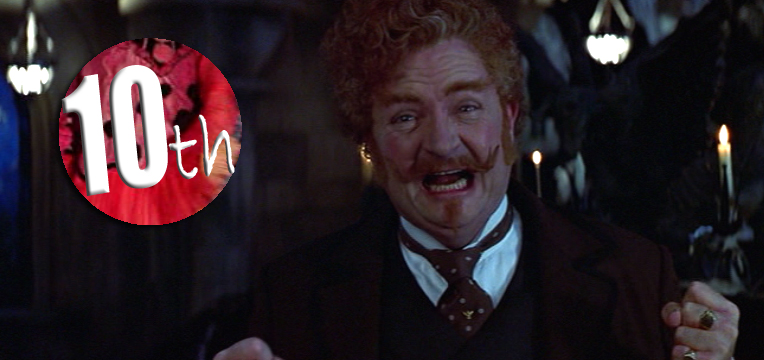
SHE'S CONFESSSSSSSIIIIINNNNGGGG!
She suddenly had a terrible desire to go to a priest."
We begin with a confession.
Though I was an early veritably possessed cheerleader for Moulin Rouge! since I beheld its genius on opening night at the Ziegfeld theater in NYC, though I saw it five times in the movie theater (a post '80s personal record), and though I named it Best of the Aughts when the decade wrapped, I hadn't actually sat down and watched Moulin Rouge! in full for at least five years. This wasn't intentional. I wrote about the movie so often from 2001 to 2005 that at some point I just put it on the shelf, afraid of breaking its spell. I worried, sitting down in the dark, the remote far from me as if I were back in the temple of the movie theater, 'would it still thrill?'
A silly question it was. From the first frames I was swept up. By the time Zidler and his diamond dogs came rushing at the camera (best shot!?!), a chaotic swishing mess of vibrant color, sexual promise and mashed-up music, I forgot to take any notes at all. By the time Satine, the sparkling diamond, descended from the ceiling onto the dance floor, I had completely blanked on the the "best shot" assignment. So, returning to skim again today, a decision: I would only choose a shot from the film's second half, which I haven't written as much about.
Moulin Rouge! famously borrows, sometimes with song and other times visually, from dozens of famous musicals but it's comic/tragic masks are not unlike the work of the great Stephen Sondheim. In many of Sondheim's most famous musicals, he starts out light and comic and you leave the theater at intermission for fresh air that you don't even need since you're already walking on it. Within seconds of returning to your seat, he's out to crush your heart. Into the Woods provides a famous and literal example: the first act, which is a play on famous fairy tales, ends with the "ever after" part. When you return for the second act you're left to wonder what comes next and that "happily ever after" part sure turns out to be a false bill of goods.
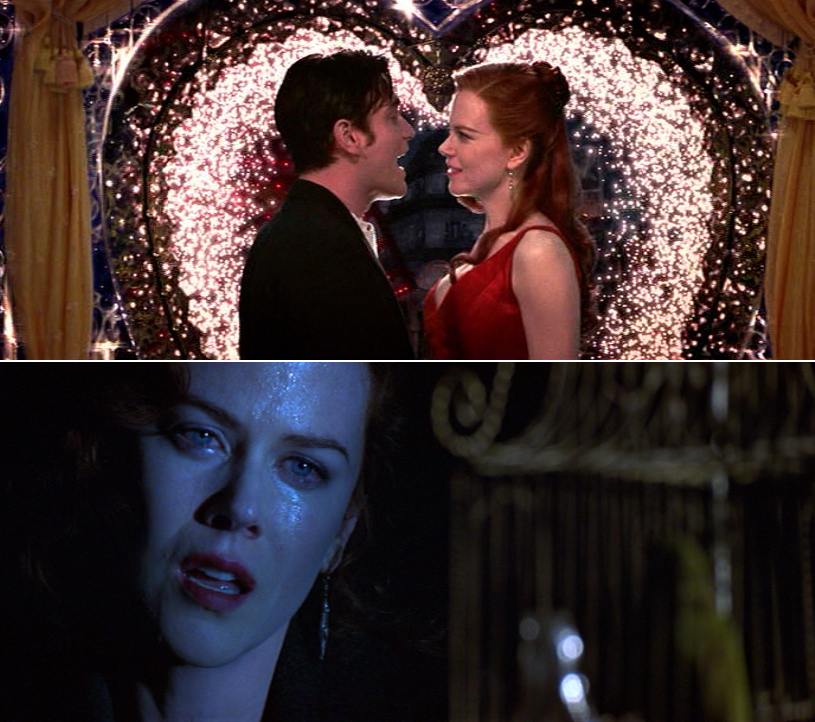
And so it goes with Christian and Satine's romance, which comes on, like the whole of Moulin Rouge!, in a heady hallucinatory rush of color, comedy and eroticism and then dives straight into tragedy after the (literal) romantic fireworks. Consider the juxtaposition of the shots above, one when Christian sings "I-I-I-I-I-I will always love you" (best shot!?!) and Satine is fully on board" and the much later shot of Satine, realizing she has to give Satine up singing "today's the day when dreaming ends" (best shot?!?) which she sings with her eyes glassy, not really looking at the caged bird sharing the frame, who we already know she feels a kinship towards (Someday I'll Fly Away). Both shots are audaciously clichéd, but that's how Moulin Rouge! plays it, boldly throwing ALL tropes at you and daring you to not reembrace them in a fresh dizzying form.
Zidler himself precipitates this vacant "you're dying"/ 'I'm already dead' staring and the longer I live with the movie the richer the Zidler/Satine relationship becomes. So for the moment, and there are roughly 100,000 shots worthy of the name "best" in the film, this is the one that absolutely kills. A slow cold zoom out on Zidler performing Zidler as The Maharaja (aka also the Duke) claiming Satine all over again. It drains the last life from our heroine. Art is imitating life and then life will imitate the art again.
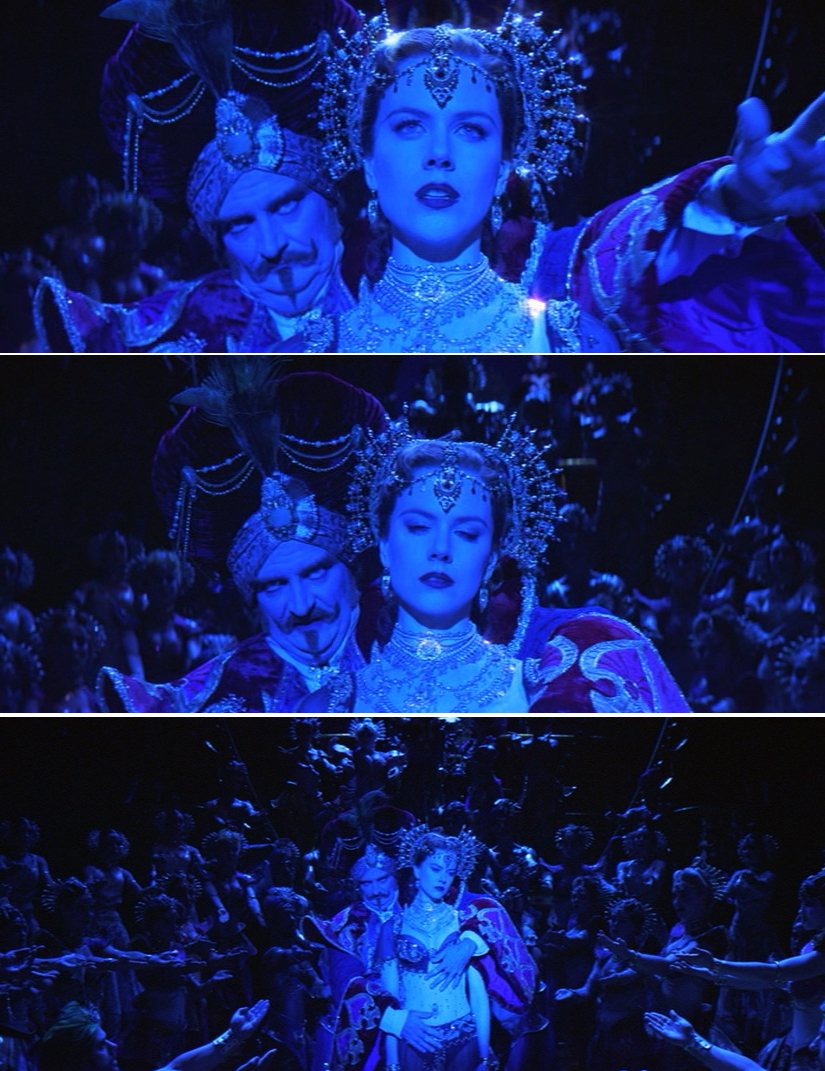
She is mine. She is mine."
The cinematography by Donald McAlpine which so deserved the Oscars that year (sorry LotR), loves to shoot Nicole Kidman with blue light whenever she is bereft of love. Even in the "Elephant Love Medley" when she's first resisting Ewan McGregor she's lit in blue while he is glowing with warmer light right behind him. By the end of "Spectacular! Spectacular!", beginning with the exact moment when she coughs on stage, all the hot pink light which had been battling it out with the blue, vanishes to leave her like this.
She is mine. She is mine."
She always was... Zidler's that is. Christian was never able to steal her away, only playing with her in her gilded cage for that Summer of Love, 1899.
Madonna's classic "Like a Virgin" number is only used comically in the film, to mock the prostitute/john Satine/Duke relationship. But it could just as well have been used dramatically, with Satine in Christian's arms; thawed out, shiny and new. This beloved movie, ten years familiar, can still touch you for the very first time. It hasn't lost a drop of heart or magic in a decade's time.

18 Children of the Revolution
Visit these fine blogs for more on this "Spectacular! Spectacular!"
do you love the film experience, consider a donation to keep it a daily experience.
 Thursday, June 2, 2011 at 3:17PM
Thursday, June 2, 2011 at 3:17PM  getting to know you
getting to know you 






